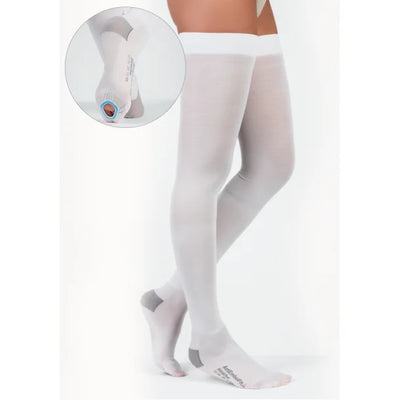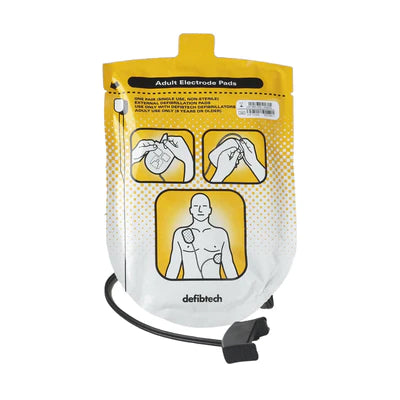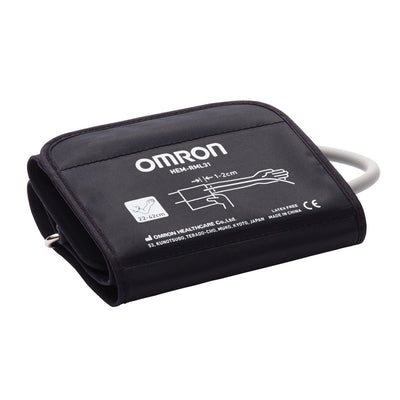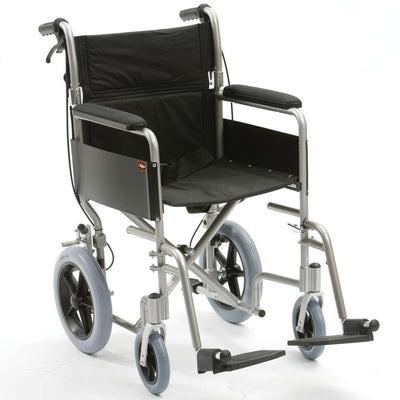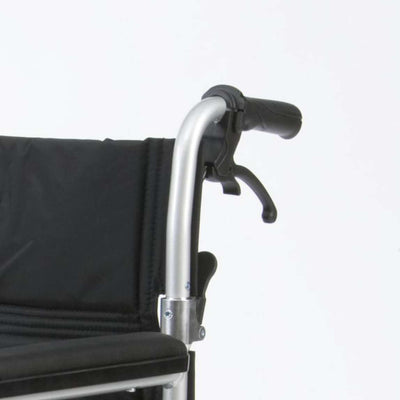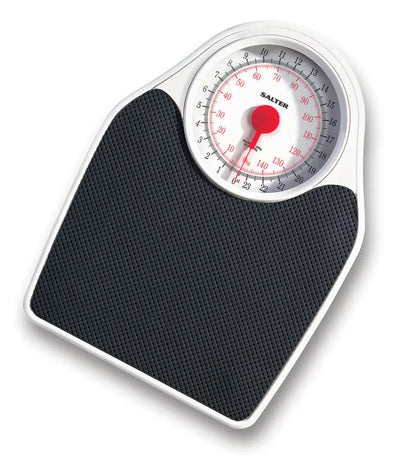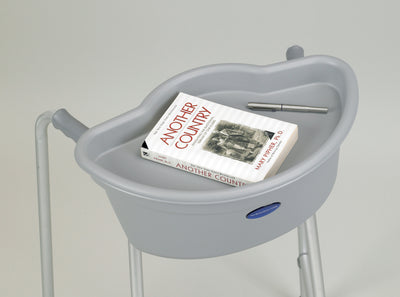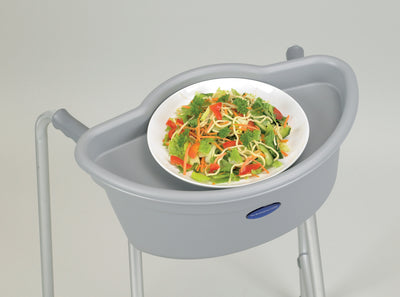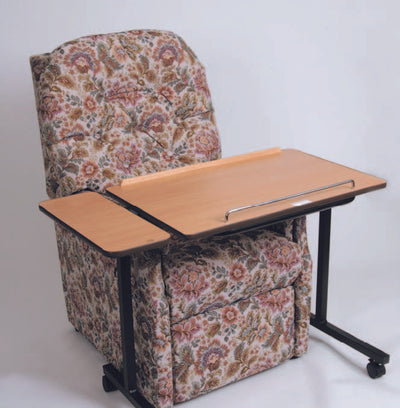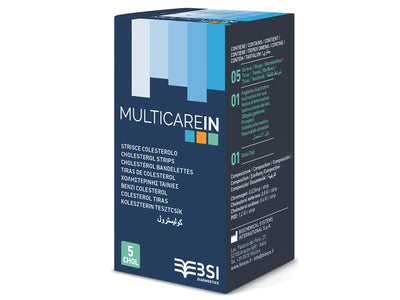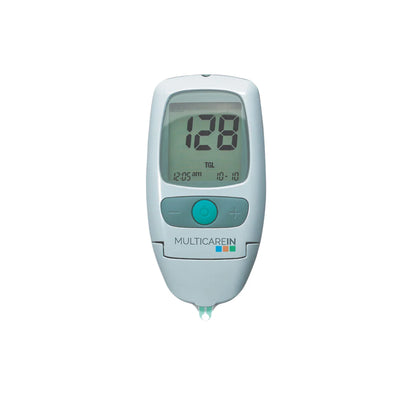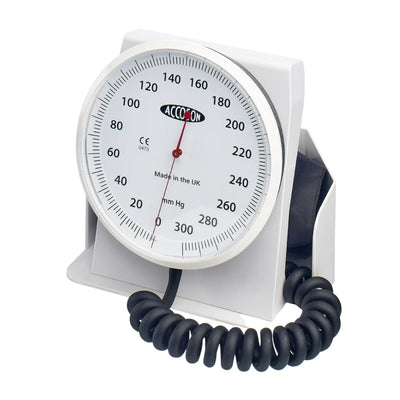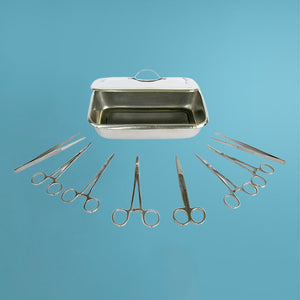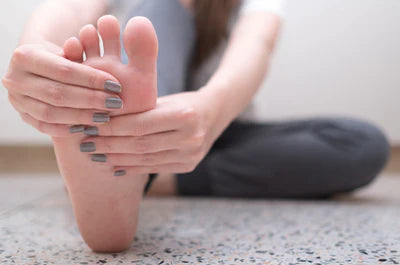In the second of our series on foot care, we’re looking specifically at how to look after your feet if you’re a diabetes sufferer.
Foot care is important for us all but, unfortunately, serious foot problems can be commonplace for diabetics and can, in extreme cases, lead to the need for amputation.
However, most amputations can be prevented with good, regular foot care and a mindful approach to reducing your risk of developing untreatable & serious foot conditions.
Why are diabetics prone to foot conditions?
Raised blood glucose (or blood sugar) levels are known to damage the sensation in your feet as well as affecting your circulation & blood supply to your extremities. Lack of decent blood supply in your feet can lead to cramps & pains, as well as slowing down the healing process on any cut or sores you might have.
If cuts and sores fail to heal, they could lead to ulcers, infections and in the worst case scenario to amputation.
So it’s imperative that diabetes patients look after their feet. Following these 5 top tips will put you on track to ensuring good foot health and keeping your feet and legs in tip top condition.
1) Check your feet every day
Because of your diabetes, foot problems can get worse quickly so early detection is really important.
Make a habit of checking for any cuts, sores, blisters or lack of feeling every morning or evening when you’re getting (un)dressed. If you spot any changes you should see a healthcare professional straight away.
If you struggle to lift your feet up, then you might want to use a mirror to see the soles of your feet or try to get someone else to check your feet for you.
2) Manage your blood sugar levels, cholesterol and blood pressure
Keeping your blood sugar within target is important for diabetics anyway, but it’s vital for good foot health too. Fluctuating levels in blood sugar, cholesterol and blood pressure can all play havoc with the blood supply to your feet which can, in turn, lead to problems. Help prevent damage to your feet and stop things getting worse by managing your daily levels, and be sure to speak to your GP or consultant if you need support with this.
3) Be careful when cutting your toenails
Cutting your nails seems simple. But if you have diabetes, piercing the skin by mistake can lead to other injuries. Always use a proper nail clipper to cut your nails. If you struggle with your eyesight you might find a nail clipper with magnifying glass handy.
When you cut your toenails:
- - cut them often but not too short or down the side
- - trim them with nail clippers and then use an emery board to file any corners
- - clean them gently with a nail brush - don’t use the sharp points of scissors to clean as this isn’t safe.
4) Keep Foot Washing Simple
Washing your feet daily is a very easy way to keep your feet and toenails clean, in check and away from infection. There’s no need to use fancy toiletries, in fact a simple mix of soap and warm water is more than sufficient.
It’s best not to soak your feet for long periods or to use very hot water as this softens the skin, makes it wrinkly/soggy and more likely to get damaged.
If you’ve lost some sensation in your feet or you’re worried about things like ingrown toenails, see a foot specialist. Do NOT try to fix issues like this yourself.
5) Avoid blades or corn plasters
Like everybody else, you might find that you develop a corn or rough skin on your feet. This is normal, but it’s also important that you don’t try to tackle sorting it yourself. Don’t use plasters to remove corns or blades on your corns or tough skin as they could damage your skin. Pumice stones can also help with tough skin, but do use them with care. Essentially you need to do what you can to avoid splitting the skin.
If you’re in any way unsure, you should always speak to a podiatrist.
Need more help with footcare? We're always here to help so get in touch today.
For all your Medical and Homecare supplies give us a call at Mediworld.
We have over 40 years experience in medical, surgical, mobility and home health supplies and we're always on hand to chat if you need support or advice. Follow us on Twitter and Facebook and don't forget to read our other great health blogs!

